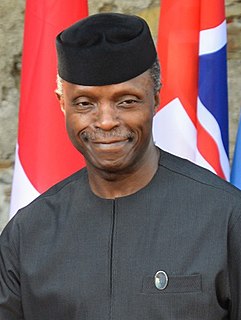A Quote by Elizabeth May
It doesn't make sense to have a bitumen export economy.
Quote Topics
Related Quotes
Probably no single event highlights the strength of Campbell's argument (on peak oil) better than the rapid development of the Alberta tar sands. Bitumen, the world's ugliest and most expensive hydrocarbon, can never be a reasonable substitute for light oil due to its extreme capital, energy, and carbon intensity. Bitumen looks, smells, and behaves like asphalt; running an economy on it is akin to digging up our existing road infrastructure, melting it down, and enriching the goop with hydrogen until it becomes a sulfur-rich but marketable oil.
We must recognise that in a globalised world, we cannot remain insulated from external developments. India's trade performance in the current year has been robust, surpassing pre-crisis export levels and pre-crisis export growth trends. We have diversified our export baskets and our export destinations.
The export of oil, the export of minerals, will for many decades continue to be a critical part for the growth of African economies. The emphasis is on diversification. We have for many years - not just in South Africa but in many parts of the continent - spoken about beneficiation. And I think part of the secret, in relation to beneficiation, is you have got to make it attractive, profitable for the private sector - and it will take off. You may have to look at mechanisms like tax concessions... You will not have to worry about beneficiation if it makes commercial sense.






























